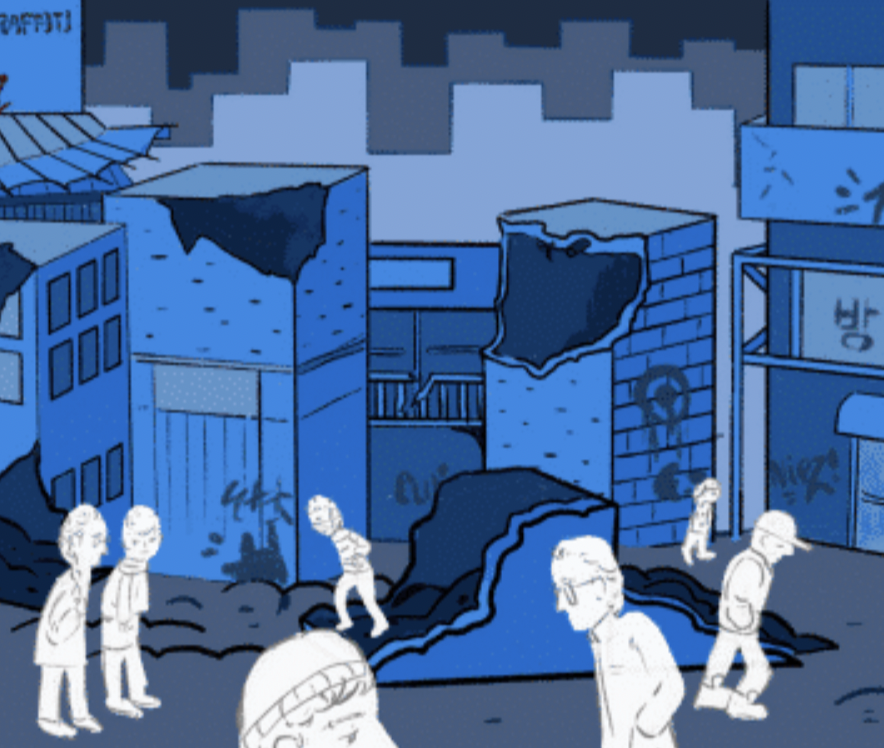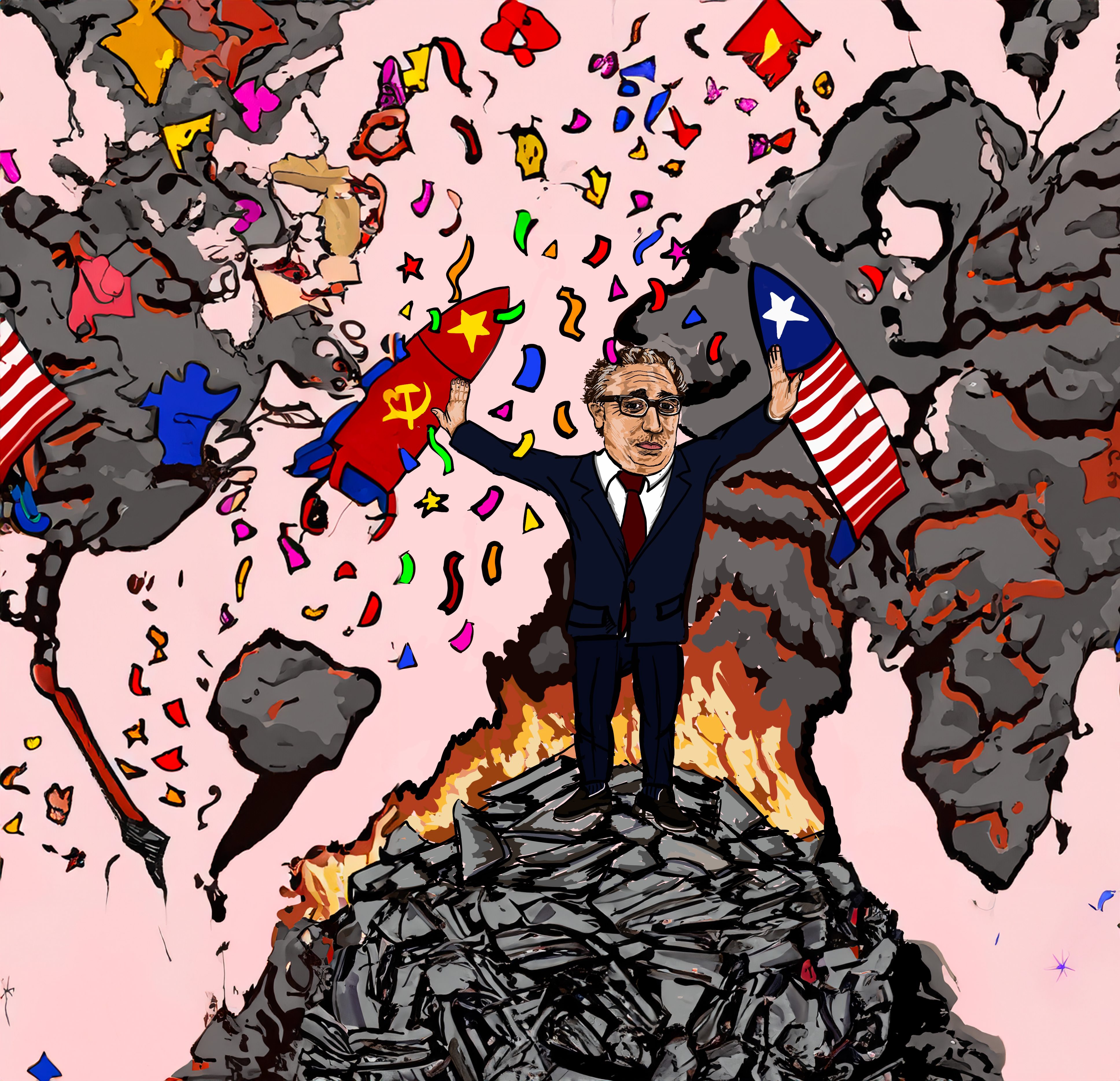The American Gold Rush of the mid-1800s ushered in a new era of entrepreneurship and self-determination. It was a liberating venture for prospectors into a land with plenty of opportunities unrestricted by government and politics. Compared to this, the modern day race for “White Gold,” or lithium, is a disappointing political debacle.
The most recent development in the power struggle for lithium supplies in Argentina concerns the world’s largest battery manufacturer, the China-based Contemporary Amperex Technology Co. Limited (CATL), and it’s most recent $317 million acquisition of Millennial Lithium Corp, a Canadian-owned company with mines in Argentina. However, the Canadian government has to approve the deal before it can close, hanging CATL out to dry.
CATL is not alone in this predicament, as Zijin Mining, another Canadian-owned company with assets in Argentina, has also announced a $770 million buyout of Neo Lithium. Like their counterparts, Zijin awaits approval of this deal from Canada.
The geopolitical issues between the respective countries are complex since the Canadian government has steadily adopted a harsher stance against Beijing in recent weeks. Just recently, a Canadian warship sailed alongside an American destroyer through the Taiwan Strait, the 110 mile wide gap separating Taiwan and China. It is also not unheard of for Ottawa to block a Chinese takeover of a Canadian company, as Shandong Gold was barred from buying out TMAC, which owns an arctic gold mine in Canadian territory. Therefore, if the CATL acquisition is blocked, it would mark a significant change in Canada’s foreign policy with China.
Twenty years ago, no one anticipated that lithium would be an integral chess piece in international relations. Yet, its unexpected rise is closely tied with recent technological trends and consumer behavior. Lithium batteries are becoming an important part of our day-to-day lives, and as more people gain affordable access to tech, the demand for batteries will grow. Furthermore, lithium ion batteries, the rechargeable kind, are becoming a necessary part of our world as we move toward carbon neutrality. They are efficient for storing and discharging energy, which is why they are in such high demand. This also explains why Argentina became a hot site for the new age “White Gold” rush. Companies like Tesla in the electric vehicle industry have projected growth entirely reliant on future research and development that will produce new batteries.
So, what should Canada do in this situation? The Canadian public seems to be in support of Canada’s hardened stance on China. In a survey published by Canada’s Globe & Mail newspaper, 87% of respondents wanted Canada to join the US, UK and Australia — other members in the Five Eyes intelligence-sharing alliance — to take more aggressive measures against China. Furthermore, three-quarters of respondents supported the ban of Huawei from the national 5G framework. On the other hand, barring the acquisitions of Millennial Lithium Corp and Neo Lithium would throw Chinese-Canadian relations into jeopardy which has been on the rocks for a while.
Or, perhaps, the right answer should come from the Argentinian people. In the Name of Lithium , a documentary about the conflict generated by Lithium extractions, tells the story of “White Gold” from the perspectives of the affected people. Argentinians worry about the wanton water consumption of lithium mining corporations. For every tonne of ore extracted, an obscene two million liters of water are used. 30 indigenous communities in the Salinas Grandes area filed a collective lawsuit against the states of Jujuy and Salta and against Argentina to secure their right of expressing consent to lithium miners. Their concerns are best expressed by Clemente Flores, resident of the El Moreno community in Salinas Grandes, and interviewee from In the Name of Lithium. “We are not saying no to lithium. What worries us is water management.” He concluded, “If they set up here, we won’t have water for us, for our livestock, and for the wild animals.”




